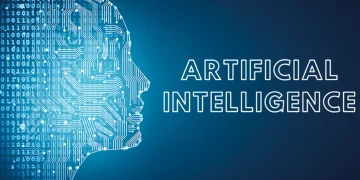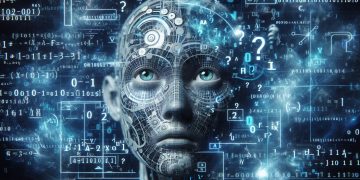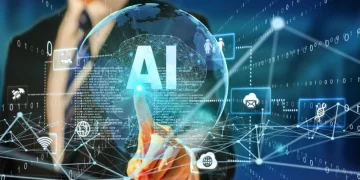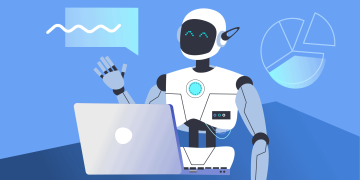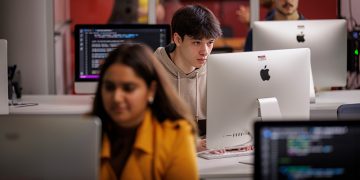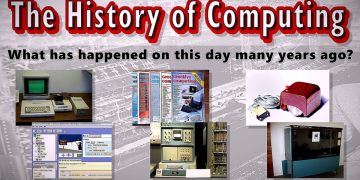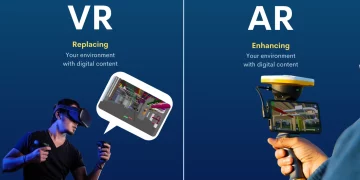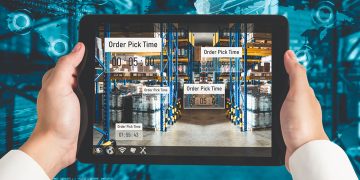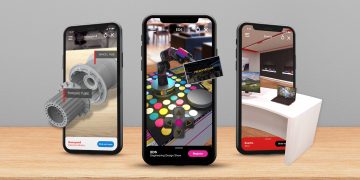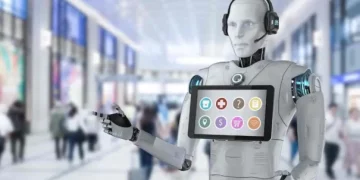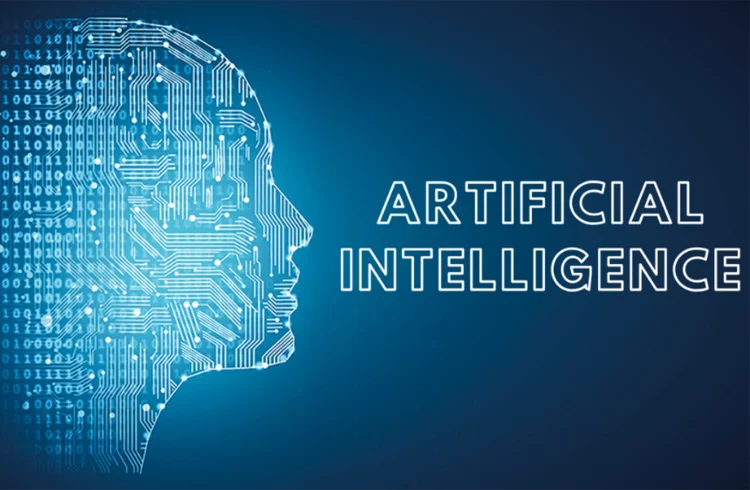When Lena walked into the co-working space on a Monday morning, she wasn’t just meeting her team of humans. Nestled among the desks were AI agents integrated seamlessly into daily workflows, their presence invisible yet profoundly influential. Lena is a sustainability consultant whose job now relies heavily on AI-powered simulation tools. These systems model carbon footprints, resource flows, and policy impacts in real time. Previously, such analyses took weeks or months; now, AI produces thousands of scenario projections in minutes. Lena’s role has shifted from number crunching to interpretation, strategy, and communication, translating complex data into actionable advice for clients and policymakers. Her story exemplifies the broader transformation of careers in the AI era: humans are increasingly tasked with guiding, interpreting, and ethical stewardship, while AI handles scale, computation, and pattern recognition.
In another part of the city, Malik, a financial analyst, begins his day with an AI-generated briefing on global markets. The AI highlights anomalies in emerging market trends, evaluates risk probabilities, and predicts potential regulatory impacts. Malik’s role is not diminished; it has evolved. He synthesizes the AI’s insights with geopolitical knowledge, economic theory, and client-specific priorities. His expertise lies in judgment, ethical considerations, and communication. Clients rely on him not just for analytical output but for nuanced recommendations that balance efficiency, risk, and societal impact. The collaboration between human and machine creates a new professional dynamic: AI amplifies capacity, but humans define strategy and responsibility.
Education and career preparation are also undergoing profound shifts. Universities have integrated AI into learning experiences, enabling students to engage with simulated work environments long before entering the workforce. For example, AI-driven project simulations allow aspiring engineers to design, test, and optimize complex systems virtually. Mentors observe student decisions, providing feedback that emphasizes creativity, ethical reasoning, and collaboration skills. In these hybrid settings, AI serves as both a facilitator and a challenge, pushing learners to expand cognitive and ethical boundaries while retaining human judgment as the core of decision-making.
Healthcare careers highlight another dimension of AI integration. Nurses and physicians now work alongside AI systems that monitor patient vitals continuously, predict adverse events, and recommend interventions. These systems do not replace medical staff; they expand the capacity for early detection, preventative care, and individualized treatment planning. Human professionals make the ultimate decisions, provide empathy, and navigate ethical complexities, particularly when life-or-death judgments are required. Here, careers evolve toward orchestration, moral judgment, and human-centered patient care, with AI serving as an enabler rather than a competitor.
Creativity-driven careers are also experiencing transformation. Graphic designers, writers, and multimedia artists are leveraging AI to generate drafts, explore stylistic variations, and simulate audience reactions. Human professionals then curate, refine, and contextualize outputs, ensuring cultural resonance, emotional impact, and ethical alignment. This co-creative process extends capabilities beyond what was historically possible while preserving the uniquely human qualities of judgment, vision, and interpretation. AI acts as both collaborator and amplifier, expanding the boundaries of professional creativity.
The corporate world is adapting as well. Project managers coordinate teams that blend human specialists and AI agents. These AI systems analyze performance, predict bottlenecks, and generate workflow optimizations. Managers interpret these suggestions, balancing them against organizational culture, ethical considerations, and client expectations. The human role evolves from micromanagement to orchestration, from repetitive oversight to strategic judgment and ethical guidance. Leadership careers increasingly demand fluency in AI-human interaction, moral reasoning, and the capacity to integrate machine intelligence into complex human networks.
Expert perspectives illuminate broader societal implications. Dr. Eleanor Chen, a labor economist, notes, “AI is not a replacement threat; it is a transformative partner. Careers are shifting toward higher-order cognition, ethical judgment, and creativity. The key challenge is ensuring equitable access to AI augmentation, so benefits are not concentrated among the already privileged.” Similarly, technology strategist Raj Patel emphasizes that lifelong learning becomes central to career resilience. “AI evolves rapidly,” he observes, “so individuals must continually update their skills not just to operate AI, but to collaborate with it intelligently and ethically.”
Ethical and societal challenges are intertwined with these transformations. Bias in training data, algorithmic opacity, and unequal access to technology can exacerbate disparities. Career evolution in the AI era is therefore inseparable from questions of governance, fairness, and social responsibility. Workers must become not only proficient in leveraging AI but also vigilant stewards of its impact, ensuring that professional and societal outcomes align with ethical and equitable standards.
Entrepreneurship provides a vivid illustration of AI’s career impact. Startups leverage AI to rapidly prototype products, simulate markets, and optimize user engagement. Founders and innovators focus on strategic vision, ethical design, and value creation, while AI handles computational and analytical heavy lifting. Small teams can now compete on a global scale, translating creativity and insight into scalable solutions. Careers in innovation are thus amplified: AI enables rapid iteration and experimentation, while humans guide purpose, relevance, and societal impact.
Global workforce patterns are also reshaped. AI reduces the friction of distance, enabling distributed teams to collaborate in real time across continents. Language translation, data analysis, and workflow coordination are increasingly automated, allowing humans to focus on negotiation, cultural interpretation, and strategic oversight. This has broadened career opportunities for individuals worldwide, particularly those who can operate effectively in cross-cultural, AI-augmented environments.
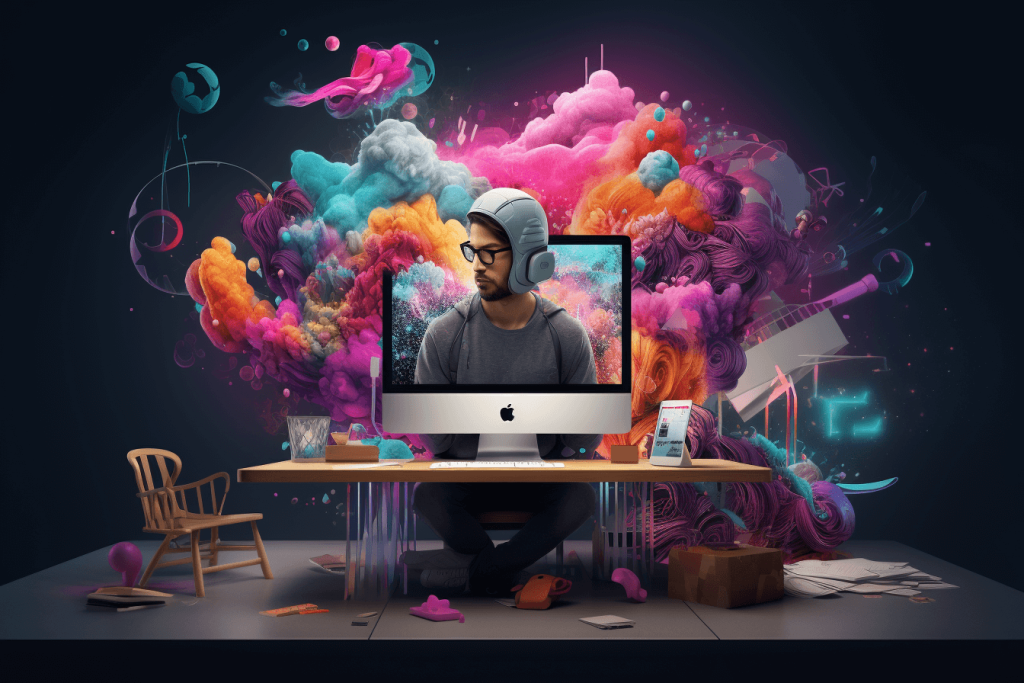
The psychological dimension of AI-integrated work is notable. Employees navigate relationships with systems that simulate intelligence yet require human guidance, interpretation, and oversight. Success involves embracing ambiguity, ethical reasoning, and adaptive problem-solving. Careers now emphasize resilience, reflective judgment, and the capacity to balance AI outputs with human insight and values. Human agency remains central, even as AI extends cognitive and operational reach.
Policy and institutional frameworks are critical in shaping these career evolutions. Educational institutions must integrate AI literacy, ethical reasoning, and adaptive skill-building into curricula. Organizations must design workflows that emphasize human-machine collaboration, ethical oversight, and inclusive access. Governments and regulatory bodies need to establish standards ensuring AI augmentations enhance, rather than constrain, human potential. The future of careers hinges not solely on technology, but on the societal structures that govern its deployment.
Ultimately, careers in the AI era are characterized by collaboration, interpretation, and ethical engagement. Humans are freed from repetitive and computationally intensive tasks, allowing focus on creativity, judgment, and human-centered decision-making. AI amplifies human capabilities but does not replace moral reasoning, empathy, or vision. The professional landscape evolves from transactional labor to dynamic orchestration, from execution to insight, and from routine to purpose-driven impact.
Across sectors, from healthcare to finance, education to creative industries, AI-augmented careers share common themes: a shift toward higher-order cognitive work, emphasis on ethical and human-centered decision-making, and integration of machine intelligence to expand capacity. Professionals are increasingly orchestrators, interpreters, and creators, while AI operates as a powerful partner extending reach and efficiency. Work becomes an arena of symbiosis, where human ingenuity, judgment, and creativity are enhanced by algorithmic precision and scale.
As individuals navigate this landscape, career development becomes an ongoing, iterative process. Continuous learning, cross-disciplinary fluency, and adaptive expertise are central. AI enables unprecedented productivity, insight, and creativity, but humans remain the stewards of meaning, strategy, and ethical responsibility. The promise of AI-augmented careers is profound: a redefinition of work that emphasizes collaboration, insight, and human value. By embracing AI as a partner, professionals can explore previously unattainable levels of creativity, impact, and societal contribution, crafting careers that are intellectually engaging, ethically grounded, and purpose-driven.
The AI era challenges traditional assumptions about labor, expertise, and human potential. Rather than fearing obsolescence, workers who adapt can leverage augmentation to redefine their roles, responsibilities, and aspirations. Careers are no longer linear paths measured by output; they are dynamic, evolving landscapes shaped by intelligence, creativity, and human judgment. The integration of AI into professional life represents an opportunity to elevate work beyond routine execution, toward orchestration, insight, and the creation of enduring value. In this emerging reality, human judgment, empathy, and vision are irreplaceable, even as AI amplifies the scope, scale, and impact of professional endeavors.


